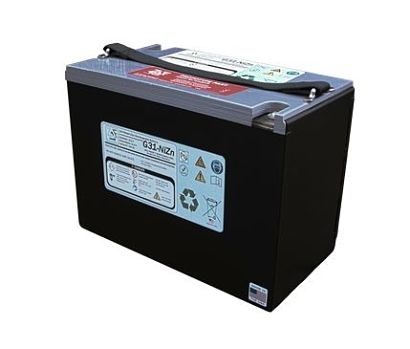
ZAF’s nickel-zinc batteries are powerful, cost-effective, and environmentally friendly battery solutions and are uniquely positioned to respond quickly to power outages. The project, which will run for 24 months, is expected to result in a prototype stationary energy storage system capable of powering the silo’s systems in the event of a power outage, and until standby generators can be started.
Eivind Listerud, ZAF’s VP of Engineering, said, “In addition to having a longer operational life than the current lead-acid batteries, the Air Force is using nickel-zinc batteries that can be stored, without charging, for a very long time—as much as twenty years—without damage or the need for float charge.”
“Unlike lithium-ion batteries, which cannot operate without a battery management system (BMS), ZAF’s nickel-zinc batteries can perform well in commercial applications without a BMS,” commented Randy Moore, President and CEO, ZAF Energy Systems. “However, we are using a BMS developed by Aerojet Rocketdyne for this critical application to both provide cell balancing and monitor the battery’s state of health.”
ZAF’s NiZn batteries have potential uses in a wide range of applications including automotive, heavy trucking, remote telecom, renewable energy, marine and military. NiZn batteries are poised to disrupt the $50 billion conventional lead-acid battery market with their ability to provide significantly greater storage capacity and power over legacy lead-acid batteries in a smaller, lighter package.

